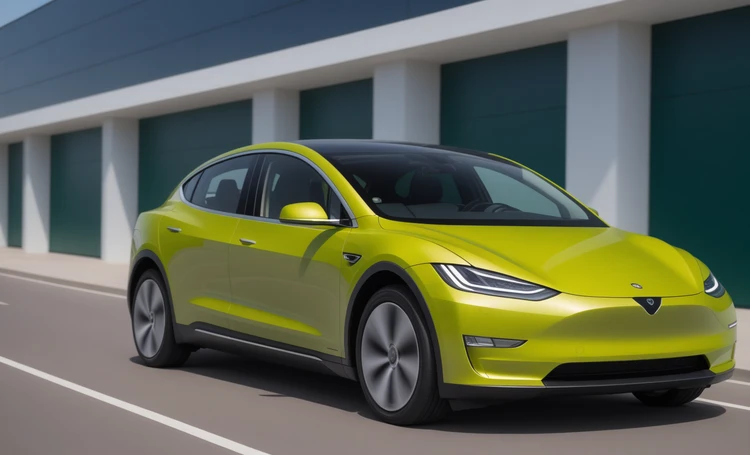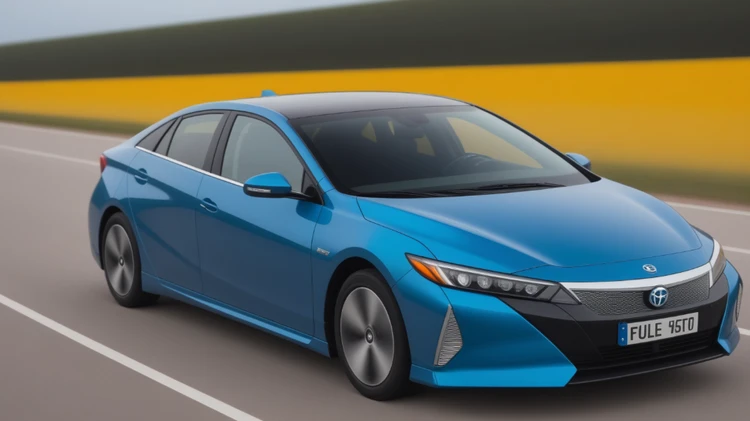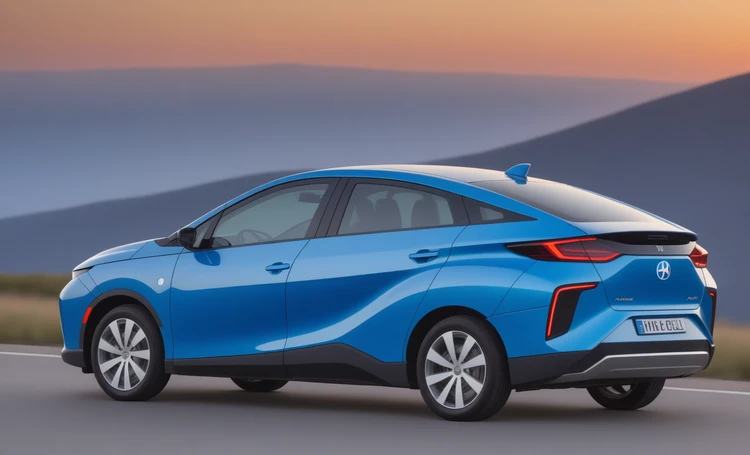🚗 Engine comparison: which one to choose in 2024?
When choosing the ideal engine for their next car, buyers in 2024 are faced with a variety of options. Efficiency and sustainability become key factors in this process. Let's look at what types of engines the market offers and which of them may be the best choice in the context of modern requirements and technologies. If you're interested in deepening your knowledge, learn more about the different types of engines here.
🔄 Internal combustion engines: traditions and nuances
Traditional internal combustion engines (ICEs) are still popular due to their reliability and widespread service network. However, in recent years they have come under considerable criticism due to their environmental impact. Manufacturers are responding by actively working to improve their efficiency and reduce emissions.
💡 Progressive technologies for internal combustion engines
- Turbocharging allows you to increase engine power without increasing its size.
- Fuel injection systems – improve fuel combustion , thereby increasing efficiency.
- Hybrid technologies – combine internal combustion engines with electric motors to reduce fuel consumption and CO2 emissions.
🌿 Electric motors: towards a green future
Electric motors provide zero emissions at the point of use and offer lower operating costs compared to internal combustion engines. However, their efficiency often depends on the source of electricity and the availability of charging infrastructure.
🔄 Prospects for electric motors
- Larger batteries increase the range of travel without recharging.
- Fast charging – reduces the wait time for batteries to be fully charged.
- Infrastructure development – the construction of new charging stations makes it easier to use electric vehicles.
⚙️ Hybrid engines: a combination of the best
Hybrid engines combine internal combustion engines and electric motors, offering a balance between power and environmental friendliness. They can operate in both full electric drive mode and in a mode where the internal combustion engine maintains the battery charge, providing a longer driving range.
🌱 Advantages of hybrids
- Start-stop mode – reduces fuel consumption and emissions during stops.
- Regenerative braking – returns energy to the battery when braking.
- Autonomy – hybrid cars are less dependent on charging stations.
🛢️ Alternative fuels: innovation on the move
Alternative fuel sources such as hydrogen fuel cells and biofuels represent another route to cleaner transportation. Hydrogen engines produce electricity on board the vehicle by powering electric motors and releasing only water as waste. Biofuel produced from organic waste can be used in traditional internal combustion engines, reducing their harmful impact on the environment.
🌾 The future of biofuels and hydrogen
- Improved production technologies make hydrogen more accessible and economical.
- Increased biofuel production – helps to recycle waste and reduce dependence on fossil fuels.
- Government support – many countries encourage the use of alternative fuels through tax incentives and subsidies.
🏁 Key points when choosing an engine
When choosing an engine for 2024, you should consider not only its environmental performance, but also the total cost of ownership, including the price of fuel, taxes, insurance and maintenance costs. The economic benefits can vary significantly depending on the type of engine and the conditions of its use.
💲 Cost of owning a car with different types of engines
- ICEs are traditionally more affordable to purchase, but maintenance and fuel can be more expensive.
- Electric cars have a higher purchase cost but lower operating costs.
- Hybrids have an average cost of purchase and operation and offer a good compromise.
📊 Comparison table
| Parameter | ICE | Electric motor | Hybrid | Hydrogen | Biofuel |
|---|---|---|---|---|---|
| Purchase cost | $20,000 – $40,000 | $35,000 – $70,000 | $25,000 – $50,000 | $50,000 – $80,000 | $20,000 – $40,000 |
| Operating costs | $1,500 – $3,000/year | $500 – $1,000/year | $1,000 – $2,000/year | $1,200 – $2,400/year | $1,000 – $2,000/year |
| Environmental friendliness | ★☆☆ | ★★★ | ★★☆ | ★★★ | ★★☆ |
| Travel range | ★★★ | ★★☆ | ★★★ | ★★☆ | ★★★ |
| Filling/charging time | ★★★ | ★☆☆ | ★★★ | ★★☆ | ★★★ |
Note: Estimates are based on publicly available data and may vary depending on vehicle model and operating conditions.
🗣️ Expert quote
In the near future, the choice between different types of engines will be determined not only by their cost and environmental friendliness, but also by the availability of infrastructure such as charging stations and alternative fuel refueling points” – John Smith, automotive industry expert .
🔄 Life cycle and disposal
One critical aspect that is often overlooked when comparing engines is their environmental impact throughout their life cycle, including disposal. The production and disposal of EV batteries can be harmful to the environment if not done responsibly, whereas ICEs can be recycled relatively easily.
🌱 Decomposition and recycling of materials
- Electric vehicles require the development of sustainable battery recycling methods.
- ICE – most components can be recycled with less harm to the environment.
- Hybrids represent a combination of challenges associated with the disposal of internal combustion engines and electric batteries.
📢 Public opinion and marketing
Public opinion and marketing campaigns also play a significant role in engine selection. Consumers are often receptive to clean technologies, which can boost sales of electric vehicles, even if the overall environmental benefits remain in question.
📊 The influence of marketing on consumer choice
- Advertising campaigns can significantly influence the perception of a vehicle's environmental friendliness.
- Social trends – Electric vehicles and other alternative transportation options are often associated with innovation and sustainability.
📈 Final comparison and prospects for 2024
Weighing up all the factors – from cost and efficiency to environmental impact and life cycle – it is clear that the ideal engine choice in 2024 will depend on each owner's personal goals and usage conditions.
🔮 Forecasts and expert recommendations
- Electric cars will remain a trend, but it is important to consider the overall environmental footprint.
- ICEs will not disappear completely, especially in regions with developed fossil fuel infrastructure.
- Alternative fuels can be a critical factor in the quest for sustainability.



